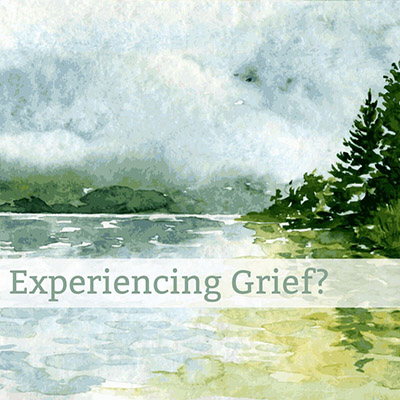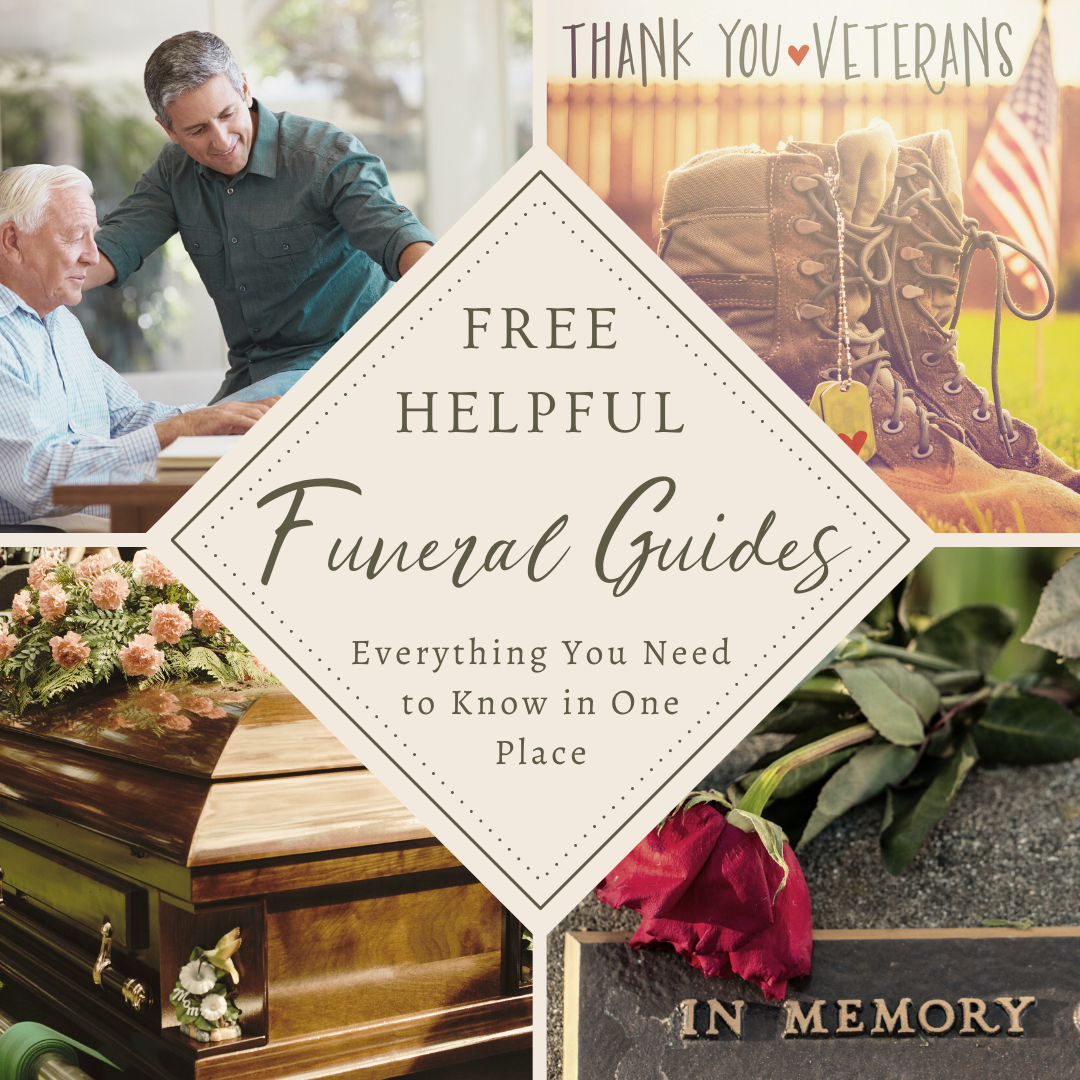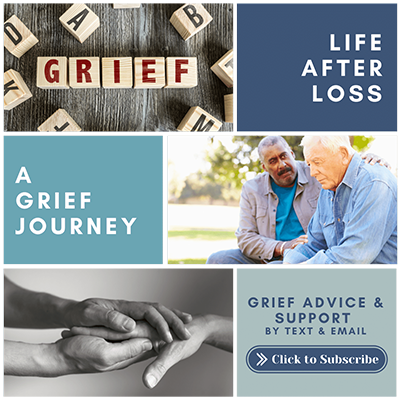English
en Español
When People Say the Wrong Thing
Following a loss, you will find that many well-meaning people say things that are meant to be comforting but are actually very hurtful.
Harkey Funeral Home in Monahans, TX

Following a loss, you will find that many well-meaning
people say things that are meant to be comforting but are actually very
hurtful.
- They want to establish closeness. Often
people say things like "I know what you're going through" or "I know how you
feel." Phrases like this can feel like the person is turning the conversation
back to themselves. Or perhaps you think, "No, my situation is totally
different. You have NO idea how I feel." However, people often use these
statements to show support and let you know you are not alone.
- They may be uncomfortable with grief. Unfortunately,
our society does not talk much about death and grief. As a result, many people
don't know what to say to someone who is grieving. Instead, they fall back on
common cliches when speaking to the griever.
- They want to comfort you. Following your loss, those who love you will want to try to help. It's not that they don't want you to grieve, they simply see you hurting and want to find a way to help you "feel better." As a result, they may say things like "At least she lived a good long life." They don’t understand that there isn't anything they can do to take away your pain.
Here are some tips on how to handle the insensitive comments.
- Ask
yourself what the person was trying to say. In most cases, friends and
family members are trying to be helpful. They do not mean to hurt you with
their words.
- Try
to understand why the comment hurt. Typically, comments made by others hurt
because they invalidate or trivialize your grief. In other cases, the comments
may go against your own belief system.
- Think
of a response. You may not be able to respond in the moment, but you can
replay the conversation and think of a response later. This may help if you
hear a similar comment in the future. It can also help you to reaffirm your own
grief and validate your feelings. For example, if someone says, "at least your
mother is in a better place" you can respond "It doesn’t matter where she is,
no matter what I will never stop missing her."
- Trust your instincts. Everyone
grieves differently. Sometimes people will say things like "it's time to move
on" or that you should start getting rid of your loved one's belongings. You
alone know how you should be grieving. Don’t feel like you must follow anyone
else's timetable.
- Give yourself time and space. Don’t rush into anything that doesn't feel right. While you want to make sure you don't become isolated, if you need to take some extra time to be alone, that's fine. It's OK to skip social events or leave them early if you don't feel up to attending.



